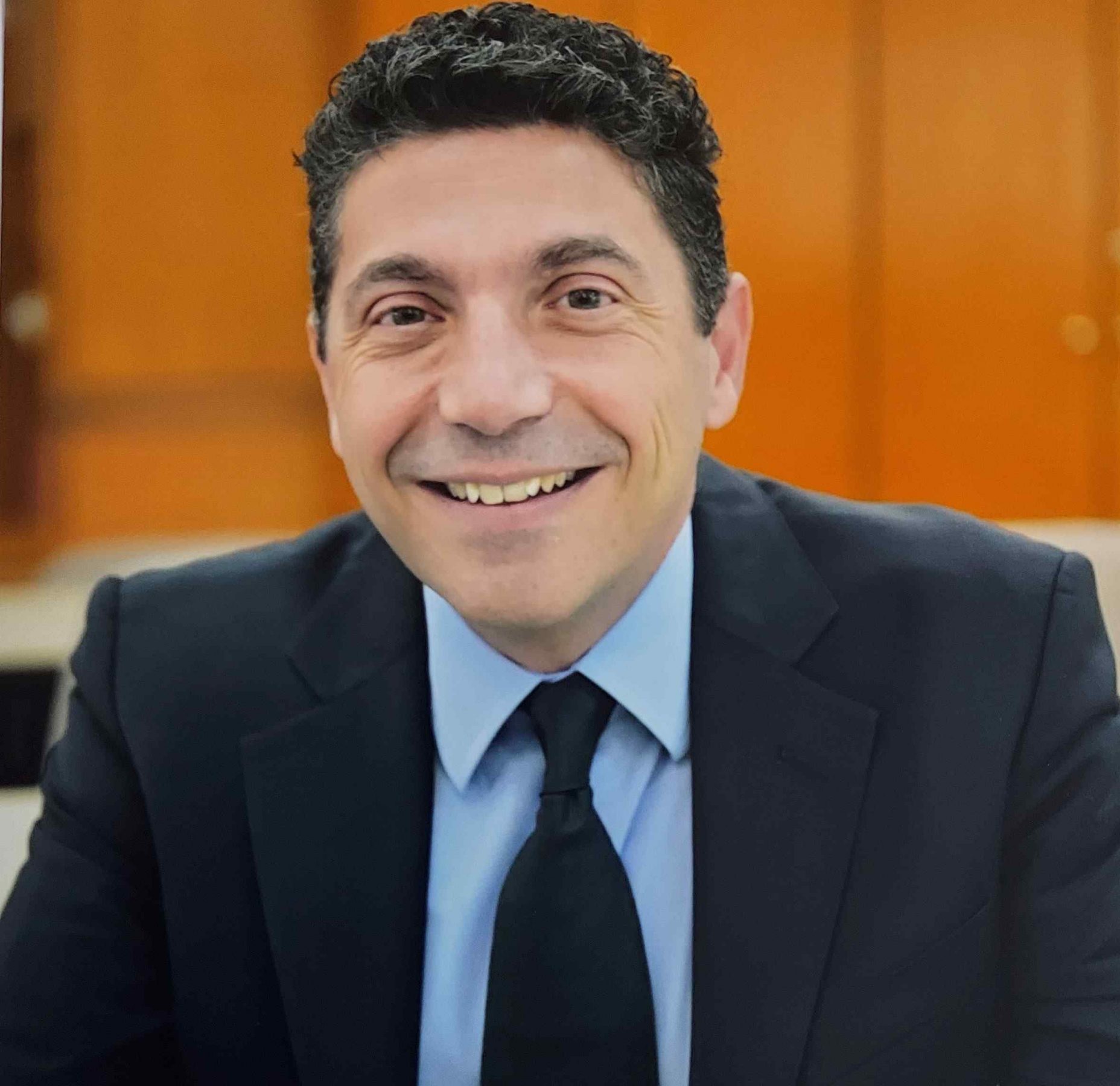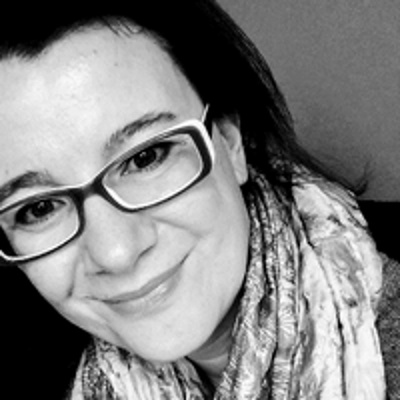
The Aristotle University of Thessaloniki is the largest university in Greece. The main campus is located in the centre of the city of Thessaloniki, and covers an area of about 33.4 hectares. It comprises 10 faculties which consist of 40 schools and 1 single-School Faculty. About 8.283 students study at the Aristotle University, 77.198 in undergraduate programmes and 6.588 in postgraduate programmes. There are also 3.952 at Doctoral level. There are 1.682 faculty members. There are also 311 members of the Special Laboratory Teaching Personnel (S.L.T.P.). Faculty members are also assisted by 144 members of the Special Technical Laboratory Personnel (S.T.L.P.). The administration office consists of 278 permanent employees and 256 employees under a private law contract of indefinite duration. The Aristotle University has a strong commitment in research and getting EU funding. The Aristotle University of Thessaloniki (which consists of 12 Faculties, 42 Schools and 289 Laboratories) conducts research projects, participates in European research programmes and projects, cooperates with international institutions and organizations, and attracts outstanding researchers from within Greece and abroad. The Aristotle University supports research projects in a wide variety of disciplines related to the environment (natural and built), computing, new technologies and nanotechnology, telecommunications, industrial technologies, transport, biotechnology, biomedicine and health, agriculture, forestry and fishery, education and language, history and archaeology, social studies and economics. The research policy of the Aristotle University focuses on: Promoting quality, and Encouraging excellence. More specifically, the Research Committee, AUTh operates in accordance with the 679/96 Joint Ministerial Decision on the establishment of a “Special Account for Research Grants” (S.A.R.G.) for funding research projects conducted in Greek Higher Education Institutions and Higher Technological Education Institutions, and in compliance with national and European legislation. It is responsible for the financial management of research projects and activities carried out at the university. The aim of the Special Account is to distribute and manage funds which cover any kind of expenditure and are necessary for research, educational training, and technological development. The Special Account also concerns funds for continuing education projects, projects for the provision of scientific, technological and artistic services, for studies, the implementation of tests, measurement, laboratory tests and analyses, for the provision of expert opinions, the drawing up of specifications, as well as other related services or activities that contribute to linking research and education with industrial production, and are provided or carried out by the research personnel of the Aristotle University of Thessaloniki in collaboration with the academic staff of other institutions. The Research Committee is responsible for managing research projects and related activities, covering current emerging needs, distributing external funds, and safeguarding the distinction between research and teaching.
Τhe scientific team of the project belongs to the School of Civil Engineering and partly to the faculty of Law. The School of Civil Engineering was founded in October 1955. The School of Civil Engineering was the first School of the Faculty of Engineering of the Aristotle University of Thessaloniki. In 1982, it was granted its autonomous status, offering degrees in civil engineering. The School aims to provide students with a firm grounding in civil engineering, as well as cultivate a sense of social awareness in all its members, teaching staff and students, based on democratic values, the freedom of ideas and the freedom of expression. Moreover, its main objective is to promote civil engineering and its importance through developmental research programmes and contribute to the multidimensional growth of Greece as a whole. The Aristotle University of Thessaloniki has implemented projects under most of the former Erasmus programmes, former framework (FP7) and Industrial Relations and Social Dialogue programmes as well as many European Territorial Cooperations.
Members

Georgios N. Aretoulis completed his Diploma at the Civil Engineering Department, of the Aristotle University of Thessaloniki, Greece. On 2004, he obtained his Master’s degree in Environmental Protection and Sustainable Development at the same institution. After the completion of his PhD dissertation on 2009, he became a Research Assistant in the Laboratory of Planning and Project Management, in the Department of Civil Engineering, of the Aristotle University of Thessaloniki. He is currently a faculty member of the Civil Engineering Department as an Associate Professor, Director of Urban and Regional Planning and Development Laboratory and a member of several scientific committees. A number of courses he is teaching include but are not limited to the following: Project Management, Construction Management, Construction Sites Management, Construction Machinery and Equipment, Investment Evaluation, Basic Principles of Economic Theory and Policy, Engineering Legislation, Management of Construction Companies, Applied Informatics in Civil Engineering, Project Economics, Decision and Risk Analysis, Quality Assurance and Business Process Reengineering.

Nikolaos Tegos is a PhD Candidate, in the Department of Civil Engineering of Aristotle University of Thessaloniki, in Greece. The title of his PhD Thesis is “Multicriteria Analysis for the Pre-Selection of the Type of Concrete Highway Bridges”. He holds a Diploma in Planning and Regional Development (University of Thessaly – School of Engineering, Greece, 2011), and also an MSc Degree in Engineering Project Management (Aristotle University of Thessaloniki – Department of Civil Engineering, 2012). He has several publications, mainly in international scientific conferences, in Greek conferences, as well as in scientific journals. Most of them concern the application of multicriteria analysis, specifically in the field of road bridges, also focusing on the identification of the factors that affect the selection of bridge construction method.

Dimitra Manou is a Senior Researcher and Teaching Staff at the School of Law, Aristotle University of Thessaloniki. She holds a Degree in Law, a Msc. in International Studies and a PhD in Legal Studies (Aristotle University of Thessaloniki). She worked as a post-doctorate fellow at the Faculty of Law, Universite Catholique de Louvain-la-Neuve, Belgium with a research focus on international environmental law. She has conducted research in several multidisciplinary FP6, FP7, Horizon2020 and Erasmus Plus EU funded projects and participated in COST actions with main focus on sustainable development, environmental education and combating discrimination. In the past she has been awarded a Marie Curie fellowship (IVM, Vrije Universiteit, Amsterdam) and was also a pro bono fellow at the Centre for International Sustainable Development Law (McGill University, Montreal). Her research interests include international environmental law, sustainable development and integration issues.
